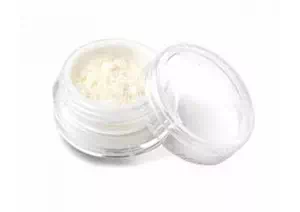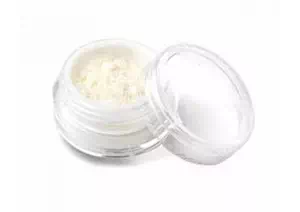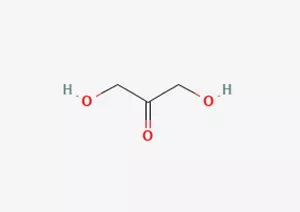What is 1,3-Dihydroxyacetone CAS 96-26-4?
1,3-Dihydroxyacetone (DHA, CAS 96-26-4) is a trihydroxyacetone with a chemical formula of C₃H₆O₃. It is a white crystalline powder or colorless crystal and is easily soluble in water and alcohol. It is currently the most commonly used safe and effective skin colorant in the cosmetics industry and is also the core active ingredient of self-tanning products.
1,3-Dihydroxyacetone CAS 96-26-4 Use
Cosmetic field (core ingredient of self-tanning products)
DHA reacts with amino acids in the stratum corneum of the skin to produce a Maillard reaction, forming a tan keratin complex, giving the skin a natural bronze color. It is often used in sunscreens, sprays, lotions, masks, etc.
Medical beauty and skin care
It is used in photosensitive skin treatment formulas or skin color correction to help improve skin tone uniformity.
Pharmaceutical and other industrial uses
It is used as an intermediate in drug delivery and special chemical synthesis.
Emerging applications
Study its role in anti-aging cosmetic formulas and special skin care products.
1,3-Dihydroxyacetone CAS 96-26-4 safety
Low toxicity: DHA is approved for use in cosmetics as an external ingredient by the US FDA, the EU, China and other countries, and is not edible.
Does not penetrate the dermis: The reaction only occurs in the stratum corneum of the skin, does not affect the deeper tissues of the skin, and is generally considered safe.
Restrictions on use: The EU Cosmetics Regulation (EC 1223/2009) stipulates that the DHA content in self-tanning products is ≤10%.
Low risk of allergies: Some sensitive people may experience mild allergic or dry reactions, and it is recommended to avoid contact with eyes and mucous membranes.
Service
* Prompt reply and 24 hours online, professional team to provide best price and high quality product.
* Sample testing support.
* Every batch of products will be tested to ensureits quality.
*The packing also can be according the customers` requirment.
*Any inquiries will be replied within 24 hours.
*we provide Commerical Invoice, Packing List, Bill of loading, COA , Health certificate and Origin certificate. If your markets have any special requirements, let us know.








